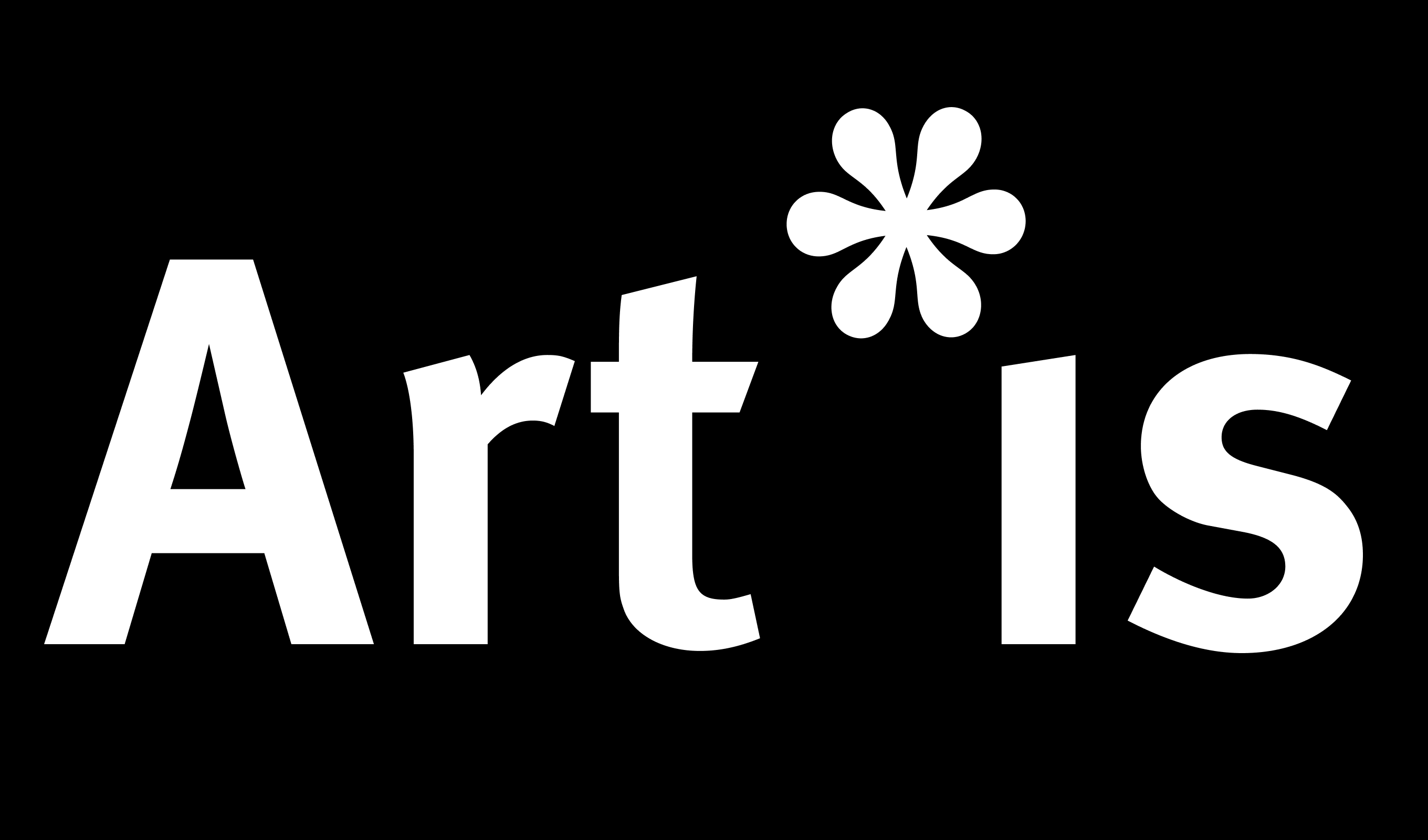Specific Department: Department of Psychology, Faculty of Social and Behavioural Sciences.
Main individuals carrying out task
(1) Dr. Eftychia Stamkou, Asst. Professor, Social Psychology, Department of Psychology, Faculty of Social and Behavioural Sciences;
(2) Prof. Dr. Gerben van Kleef, Professor and Head of Social Psychology, Department of Psychology, Faculty of Social and Behavioural Sciences;
(3) Rohan Dunham, PhD candidate in Social Psychology, Department of Psychology, Faculty of Social and Behavioural Sciences;
(4) Yağmur Özbay, PhD candidate in Social Psychology, Department of Psychology, Faculty of Social and Behavioural Sciences.
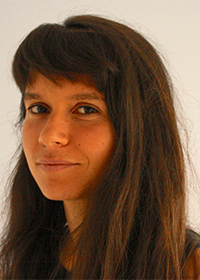
Dr. Eftychia Stamkou
Dr. Stamkou is currently a tenured assistant professor of Social Psychology at the University of Amsterdam, has been a visiting scholar at Columbia University of New York, and has worked as research consultant to Adidas. She completed her graduate and postgraduate studies with distinction in 2018 (cum laude) and has also obtained a degree in music composition in 2009 (cum laude). Her dissertation was a finalist for two prestigious Best Dissertation Awards in the fields of social and cross-cultural psychology. Her research has been published at the flagship journal of social psychology (i.e., JPSP) and other acknowledged journals (e.g., PSPB, GPIR, JESP).
She has been awarded a competitive doctoral grant (Research Talent Grant, NWO), a Fulbright postdoctoral scholarship, and a total of €238,332 in grant money. She developed and is currently coordinating the Cultural Psychology Master’s at the UvA, where she has an active role in mentoring master’s students.
Her current collaborators include eminent scholars in the fields of social psychology (Prof. Galinsky, Columbia University), cultural psychology (Prof. Gelfand, University of Maryland), and empirical aesthetics (Prof. Leder and Dr. Pelowski, University of Vienna).
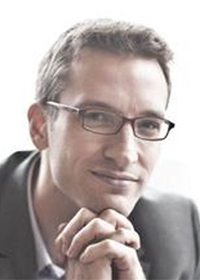
Prof. Gerben A. Van Kleef
Prof. Gerben A. Van Kleef is currently Chair of the Social Psychology Group of the Psychology Department at the UvA. Between 2012 and 2016 he held an extraordinary professorship of prosocial behavior on behalf of the Royal Netherlands Academy of Arts and Sciences and in 2014 he was a visiting professor at Columbia University. Prof. Van Kleef is one of the leading scientists in social psychology, with a wide range of expertise on social power, social hierarchies, leadership, and emotions. He published 112 articles in top-tier journals, including Science (IF=37.2) and Behavioural and Brain Sciences (IF=15.07).
Prof. Van Kleef has also authored a textbook and a popular science book, and his research has been publicized through various mass media outlets (radio, TV, newspapers). His work has been cited more than 11,000 times (h-index: 55) and has attracted much funding (total of ~€2 million) including the prestigious VENI and VIDI research grants. He won numerous awards for his extensive scientific contributions, such as the bi-annual Best Dissertation Award of the International Association for Conflict Management (IACM), the Best Dissertation Award of the Dutch Association for Social Psychology (ASPO), the early career award of the European Association of Social Psychology (EASP), the Most Influential Paper Award of the Academy of Management (AOM), and the Outstanding Book Award of the IACM. Prof. Van Kleef has supervised 4 post- docs and 15 PhD-students. He is the founding director of the Amsterdam Behavioural Insights Lab, a platform that liaises with government and companies seeking science-based solutions for societal challenges, many of which relate to behavioral change. This platform enables a continuous exchange between research and practice.
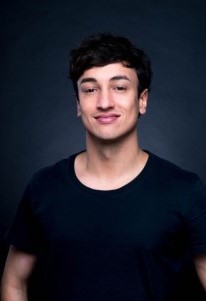
Rohan Dunham
Rohan Dunham is a PhD candidate in Social Psychology at the University of Amsterdam under the supervision of Dr. Eftychia Stamkou and Prof. Dr. Gerben van Kleef. Before turning to Psychology, he studied classical ballet at the Royal Conservatoire of The Hague and was a professional ballet dancer at the Zürich Ballet in Switzerland and then the Dutch National Ballet in The Netherlands.
After his career as a dancer, he read Psychology at the University of Amsterdam where he obtained a BSc. (Hons.) and then a Research MSc. in Social and Work & Organisational Psychology (both awarded cum laude). His interests include the social impact of art, cross-cultural psychology, the psychological impact of social power, and (destructive) leadership.
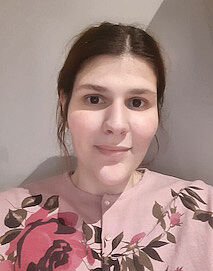
Yağmur Özbay
Yağmur Özbay is a PhD candidate in Social Psychology at the University of Amsterdam under the supervision of Dr. Eftychia Stamkou and Dr. Suzanne Oosterwijk.
She completed her BA degrees in psychology and sociology, with a minor in media and visual arts, at Koc University, Istanbul. After completing her MA studies in cognitive psychology, at the same university, she started her PhD at the UvA.
She is interested in the social ramifications of art, from micro-level effects of art engagement on social-cognitive abilities and its impact on interpersonal attitudes and behavior, to its macro-level implications on sociocultural systems. Currently, she explores if, and how, art engagement can facilitate social-cognitive abilities, and transform interpersonal processes and interactions.
